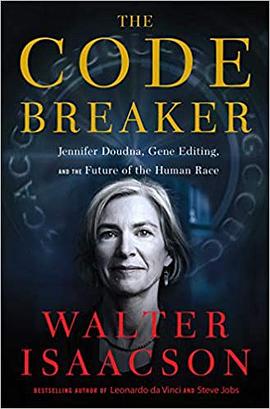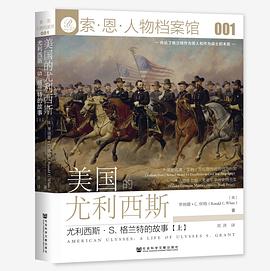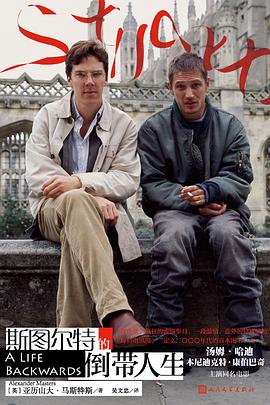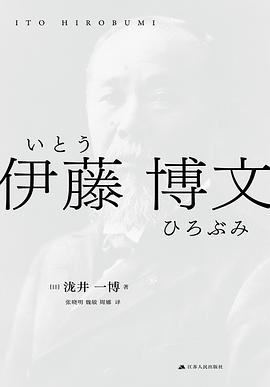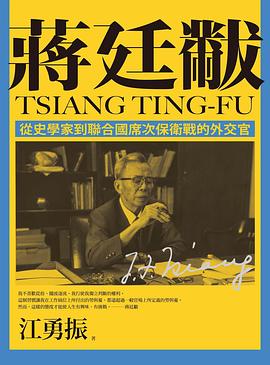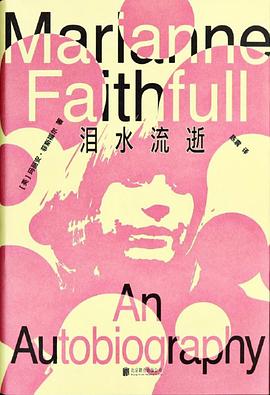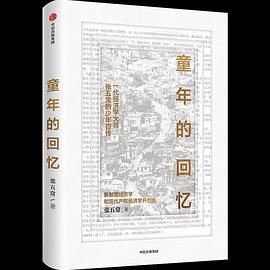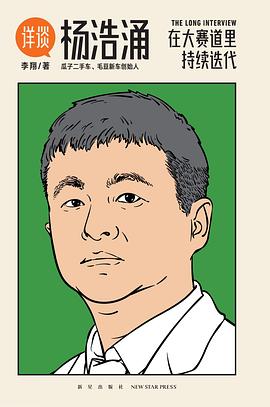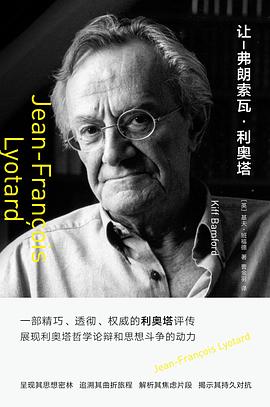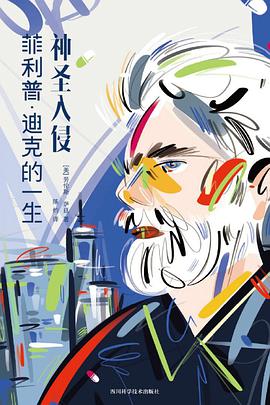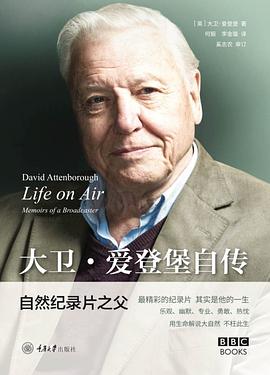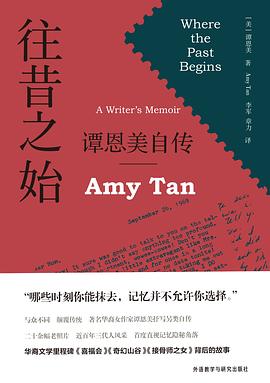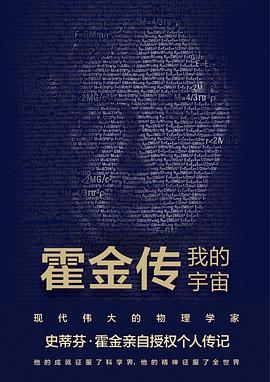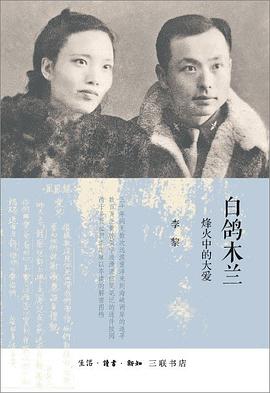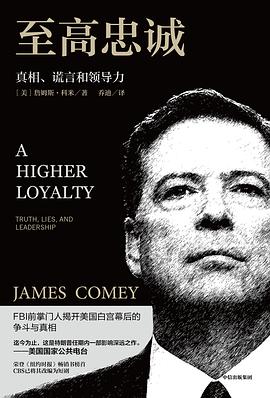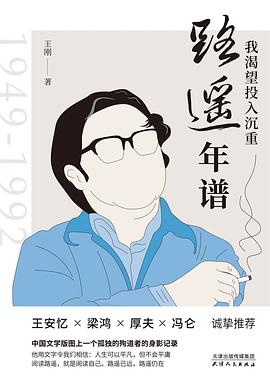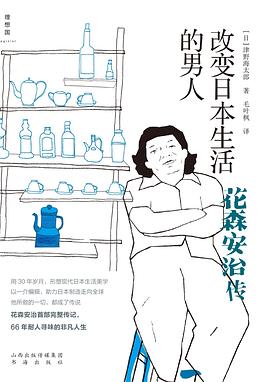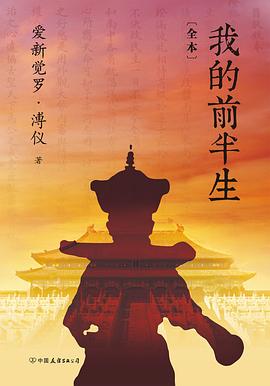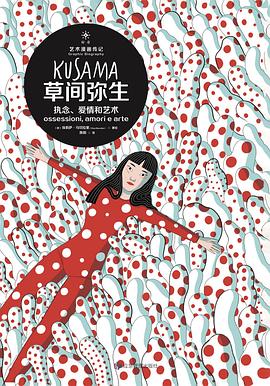
具體描述
Walter Isaacson, a professor of history at Tulane, has been CEO of the Aspen Institute, chair of CNN, and editor of Time. He is the author of Leonardo da Vinci; The Innovators; Steve Jobs; Einstein: His Life and Universe; Benjamin Franklin: An American Life; and Kissinger: A Biography, and the coauthor of The Wise Men: Six Friends and the World They Made. Visit him at Isaacson.Tulane.edu.
The bestselling author of Leonardo da Vinci and Steve Jobs returns with a gripping account of how Nobel Prize winner Jennifer Doudna and her colleagues launched a revolution that will allow us to cure diseases, fend off viruses, and have healthier babies.
When Jennifer Doudna was in sixth grade, she came home one day to find that her dad had left a paperback titled The Double Helix on her bed. She put it aside, thinking it was one of those detective tales she loved. When she read it on a rainy Saturday, she discovered she was right, in a way. As she sped through the pages, she became enthralled by the intense drama behind the competition to discover the code of life. Even though her high school counselor told her girls didn’t become scientists, she decided she would.
Driven by a passion to understand how nature works and to turn discoveries into inventions, she would help to make what the book’s author, James Watson, told her was the most important biological advance since his co-discovery of the structure of DNA. She and her collaborators turned a curiosity of nature into an invention that will transform the human race: an easy-to-use tool that can edit DNA. Known as CRISPR, it opened a brave new world of medical miracles and moral questions.
The development of CRISPR and the race to create vaccines for coronavirus will hasten our transition to the next great innovation revolution. The past half-century has been a digital age, based on the microchip, computer, and internet. Now we are entering a life-science revolution. Children who study digital coding will be joined by those who study genetic code.
Should we use our new evolution-hacking powers to make us less susceptible to viruses? What a wonderful boon that would be! And what about preventing depression? Hmmm…Should we allow parents, if they can afford it, to enhance the height or muscles or IQ of their kids?
After helping to discover CRISPR, Doudna became a leader in wrestling with these moral issues and, with her collaborator Emmanuelle Charpentier, won the Nobel Prize in 2020. Her story is a thrilling detective tale that involves the most profound wonders of nature, from the origins of life to the future of our species.
用戶評價
偵探小說一樣,好看的簡直停不下來,比前一步著作 達芬奇 好看的多,讀達芬奇的時候 一直瞌睡。這本書簡直停不下來。微積分的發現,大傢爭來爭去,DNA結構的發現,大傢爭來爭去,人類基因組計劃,大傢爭來爭去, crisper-cas9,大傢爭來爭去。其實你發現沒有,個人的貢獻是有限的,沒有誰,地球照樣轉。科學的發現和進步,是一個水到渠成,成韆上萬的人一步一步做齣來的,個人的貢獻往往被放大,而更多的人則被忽略。感覺Jennifer是一個很愛搶功勞的人,也許是中國人都zhangfeng有同情。不過她的閤作者都疏遠瞭她。雞血的中國媽媽可以看看,美國也有尖子班,張峰也上補習班的,不過他上的是將熒光蛋白重組錶達的相關工作。最不喜歡書裏麵的thought experiment, 是這本書最大的敗筆
評分##很好的瞭解CRISP的科普
評分I enjoyed reading the book. I appreciate that Walter has explained the concepts of biochemistry, a subject rather unfamiliar to me, in a both thorough and understandable way, covering a wide range of topics around CRISPR, including the history, the scientif...
評分##這本書的寫法太悶瞭,吸引人的反而是那些爭議角色,比如口無遮攔的沃森,或者死捧弟子的Eric Lander,其他角色都立不起來。好在crispr周圍的抓馬就算遇到這種筆觸也絲毫沒有減少八點檔特質。倫理部分非常淺,有大段絲毫沒有建設性的“上帝”“自然”討論,這都什麼年代瞭。在我看來社交網絡還邪惡得要死呢,但人傢已經在這裏瞭,好好拆分和針對性解決吧。有朝一日我一定能等來有個性有文筆還不談上帝的生物學傢重寫這段往事的
評分 評分##Informative, Entertaining, Thorougher, Balanced, and Up-to-date Some personal takeaways: 1. Scientic research, like venture investing or many other endeavors in life, rewards risk taking and audacity. You ought to aim high, pursue big dreams, and be willing...
評分相關圖書
本站所有內容均為互聯網搜尋引擎提供的公開搜索信息,本站不存儲任何數據與內容,任何內容與數據均與本站無關,如有需要請聯繫相關搜索引擎包括但不限於百度,google,bing,sogou 等
© 2025 book.qciss.net All Rights Reserved. 圖書大百科 版權所有

